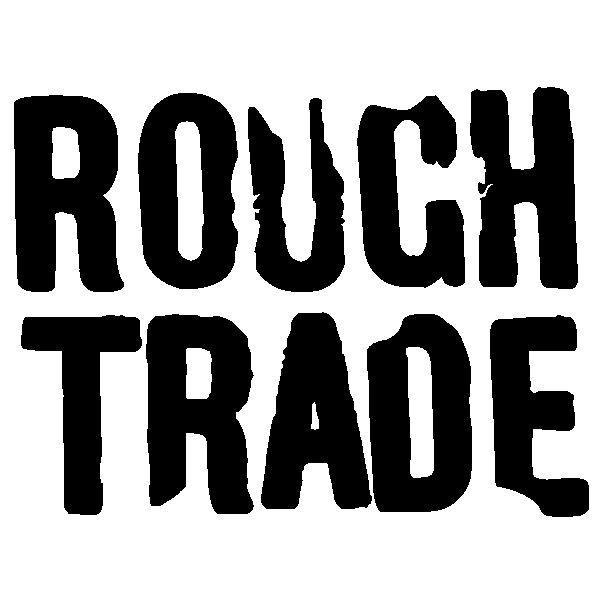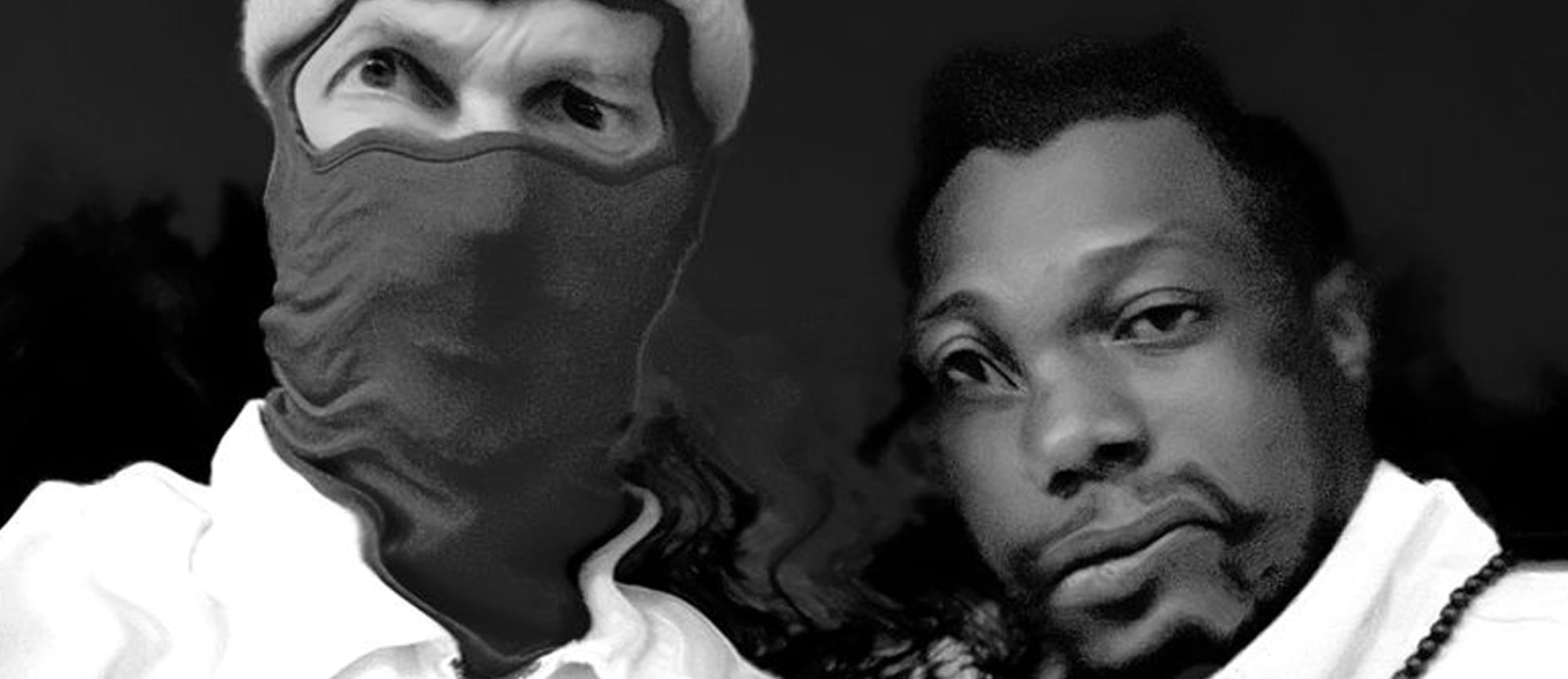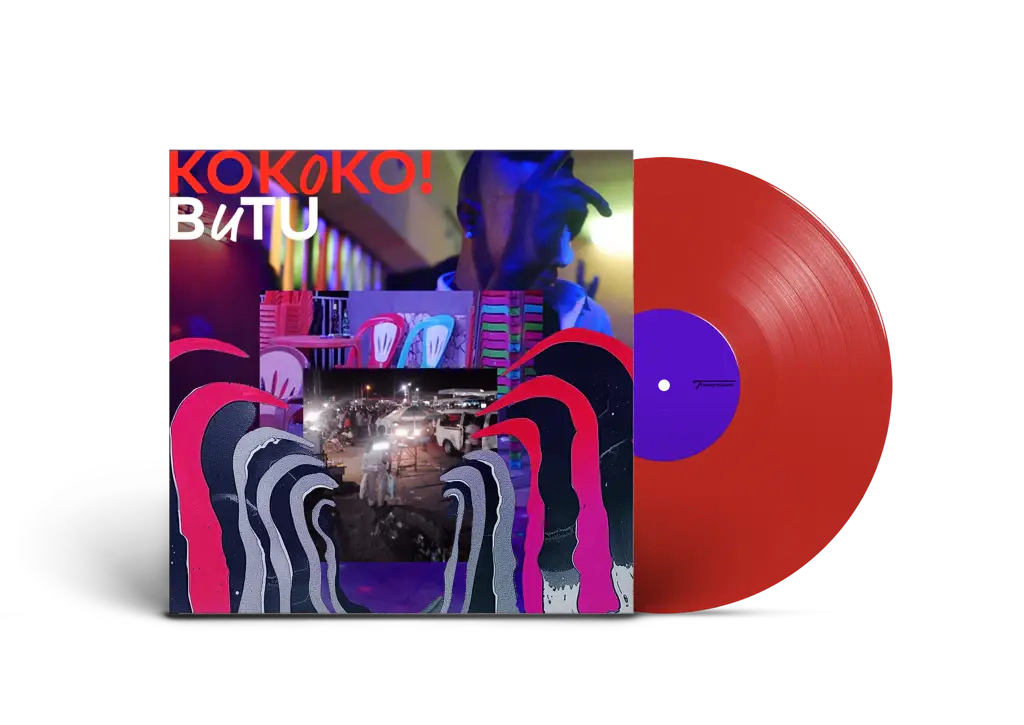"We are still going forward and we always have a drive to travel and charge people with our energy (not speaking of the mining in Congo who provides battery power for the world!). Our live shows are something else, a real sincere energy without brakes, driving at you like the album."
Emotive, empowering, music which can move you but can also put you in a trance. The sonic collage of KOKOKO! reflects the vibrant but volatile nature of the band's hometown Kinshasa, the capital city of the Democratic of Congo.
Brought together by French artist Xavier Thomas, aka Débruit (who met the other members of the group at a party in Ngwaka, Kinshasa) KOKOKO! comprise of various musicians, instrument makers and performance artists from DRC, including vocalist Boms Bomolo, guitarist Dido Oweke, and later the singer and dance-troupe leader Makara Bianko. The group primarily use a language which reflects everyday Kinshasa – mostly Lingala, with bits of French, Swahili, and Kikongo. As Thomas explains:
"Most listeners don't know the language, but the energy and musicality translates"
This July, KOKOKO! release their second full-length album, their first new music in five years since the release of their debut Fongala in 2019, their second album to arrive via reputable label home Transgressive. This time, the DIY collective specifically taps into the energy of night time in Kinshasa, the chaos of the 17 million-strong capital city of the Democratic Republic of Congo. The setting is important, as KOKOKO!'s homeland continues to experience serious human rights violations and explotation of their natural resources (routinely taken advantage of by large tech companies amidst the ongoing political conflict). Despite the tense political backdrop the music also explores the beauty and creativity to be found in the city's after-dark buzz. In celebrating this album, the band are set to make Rough Trade history as the first group/musical artist to play all of Rough Trade's performance spaces in the UK.
Don't miss KOKOKO!'s UK debut of BUTU at one of our five Rough Trade in-stores with the group this July.
Ahead of KOKOKO!'s Rough Trade in-store tour and much-anticipated album release, we catch up with the hypnotic collective to chat the influence of Kinshasa, self-made instruments and why the music has universal appeal.
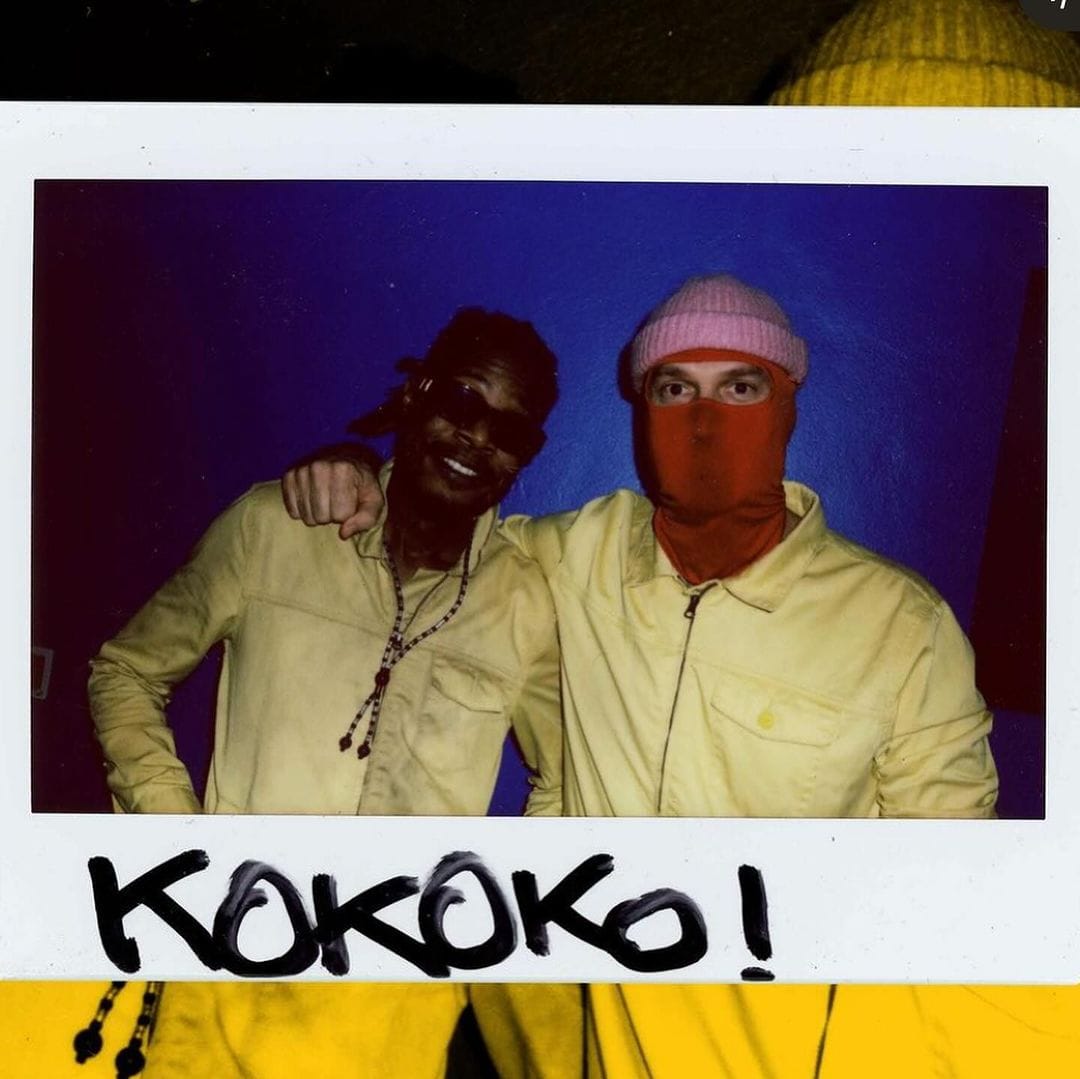
In a similar vein to your acclaimed debut statement Fongala, BUTU is in many ways an expression of the DIY spirit bubbling in Kinshasa. More specifically, BUTU reveals stories of Kinshasa at night time (the title itself is the word for ‘night’ in Kinshasa’s local language of Lingala). Did this idea influence the album’s songwriting from the start or did it become apparent at the end that this was the theme tying it together?
The night time influenced the whole record without us noticing from the start. It became apparent that we were going for the energy, feeling and sound of after-dark. More upbeat but also reflecting the sensation of being overwhelmed, and overstimulated in Kinshasa’s night. In the dark, the senses are heightened and sounds from generators, street vendors, distorted megaphone loops selling sim cards, clubs, evangelical churches, the millions of car lights displaying a huge density of silhouettes...it all adds to the stimulation. Here and there, intense nightclub lights appear in the middle of darkness from power cuts (as they have money for generators).
So our album is the soundtrack illustrating all these sensations and stimulations, very dynamic, sometimes loopy, sometimes narrative or distorted, full-on, electric, raw and dancey.
How much of BUTU’s storytelling is influenced by personal experiences?
There are a lot of themes in there, some mystical about inviting the auditor in the night, some a bit deeper or political when Makara says “My country doesn’t like me”, some about dreams, some about wanting to let go or change everything. It’s all personal experience, wishes or dreams but also a feeling of a huge need to escape, physically or through the mind. The hard realities of the streets of Kinshasa and the country’s situation makes it hard for people.
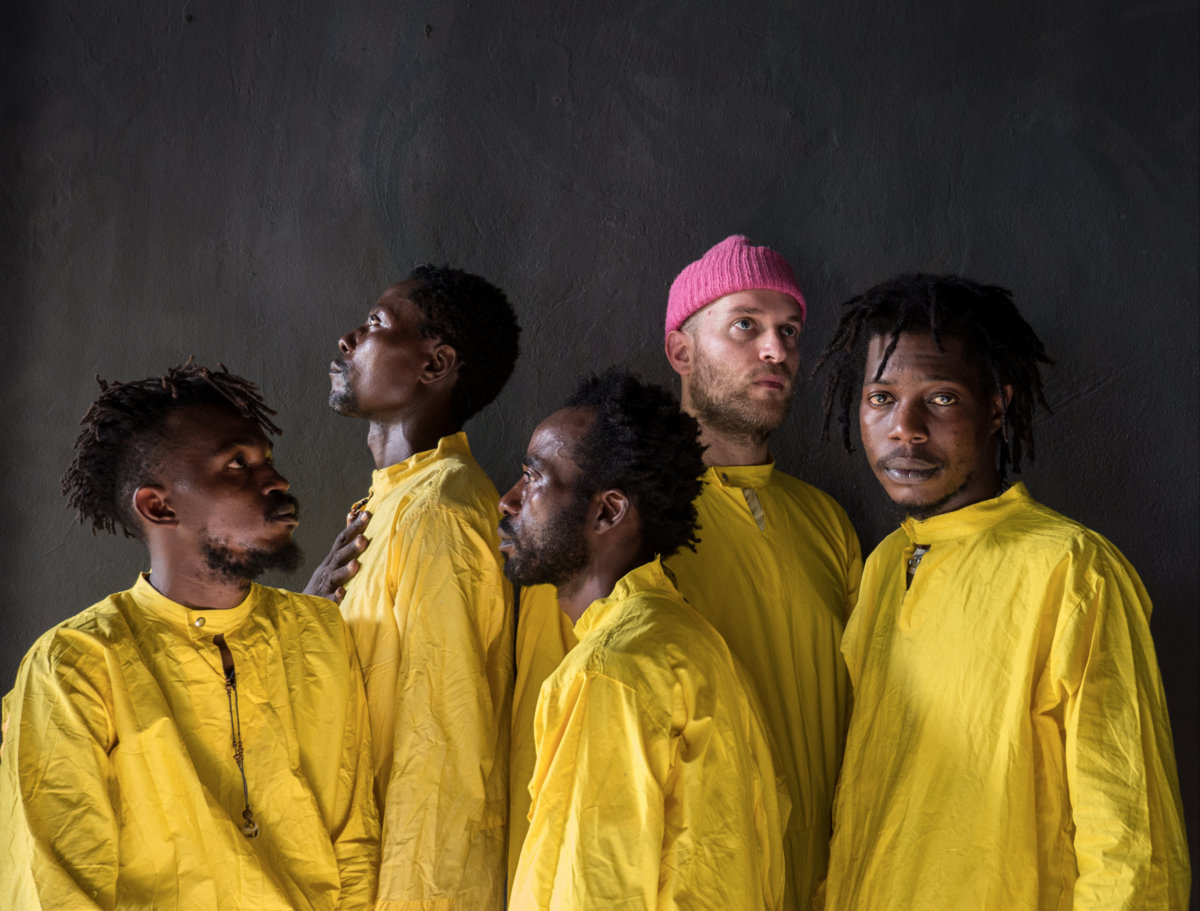
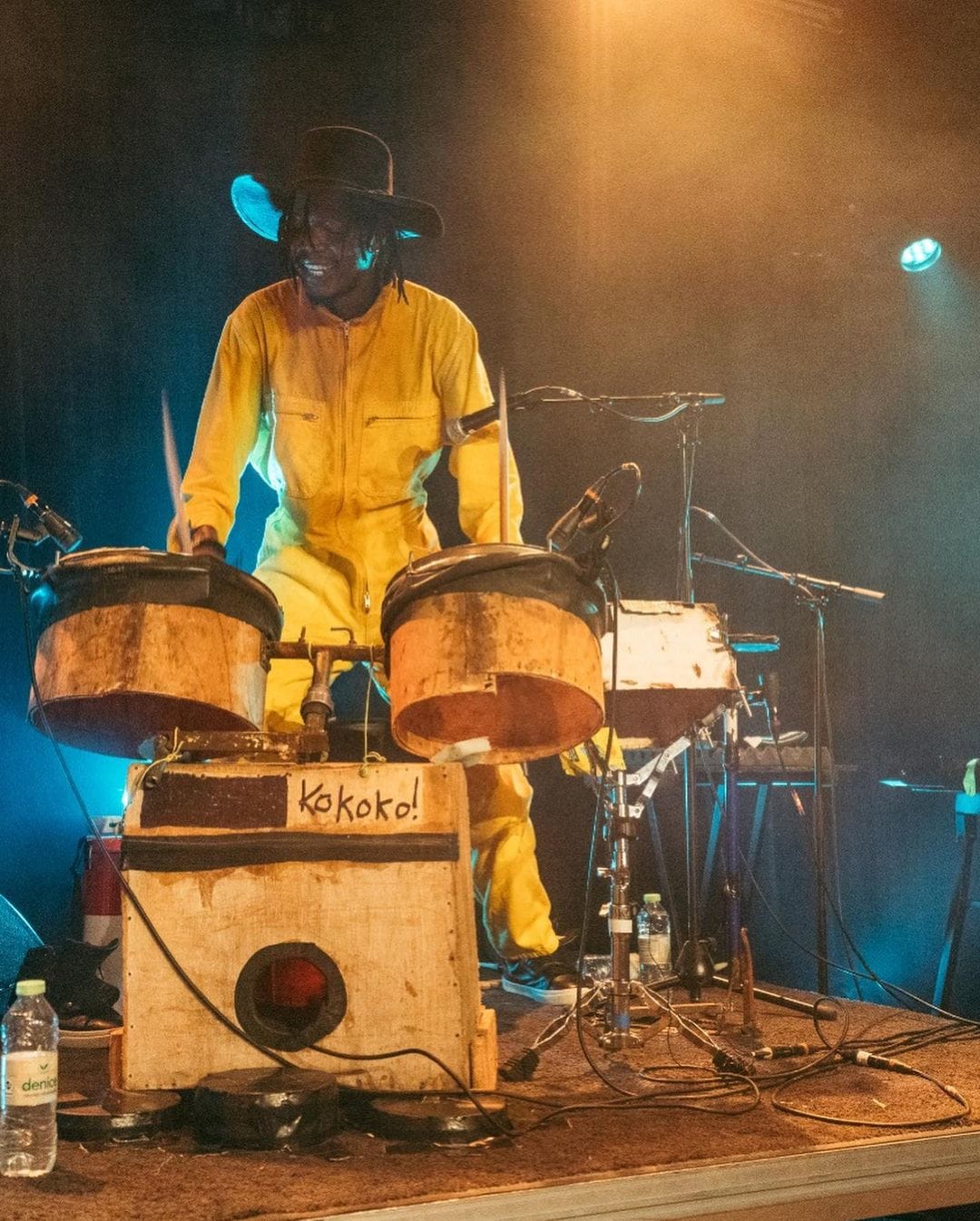
The sound of KOKOKO! has so far been characterised by its spontaneity and defiance of convention. The choice to not use traditional gear and instead create with homemade instruments from Kinshasa’s waste (discarded items like bottles, tins, phones and old electronic items) feels very crucial to maintaining this. Can you highlight any new instruments or new sound design ideas you have added to your repertoire during the making of BUTU?
We use these self-made instruments yes, it’s one of our signatures, but Débruit has always used electronics, synths and drum machines. KOKOKO!’s difference is that we put together some aesthetics that have never existed together before. Makara abandones Congolese rumba and sings on super fast short loops. He also uses feedback when performing by sticking the mic in the speakers and aiming for distortion until the equipment starts exploding which puts everyone into a trance. I guess these elements together make our sound so unique, the unusual ingredients and the unconventional cooking process.
"we recorded on the streets sometimes, looped some field recordings, and pitched a moto taxi klaxon passing by into a melody"
Sonically, the music of BUTU is influenced by an eclectic range of genres, blending electronic music with elements of punk, funk, and traditional Congolese rhythms. Have there been any surprising influences on this multi-faceted sound, from Kinshasa or beyond?
Yes - we recorded on the streets sometimes, looped some field recordings, and pitched a moto taxi klaxon passing by into a melody for example. We were also influenced by our neighbours from Angola on Elingi Biso Te (My Country Doesn't Like Me) or by a bit of Kwaito in Mokili. But it still ends up sounding like us in the end because the elements and influences are like spices in someone’s secret recipe, you can’t tell them all by tasting it, but it tastes good in the end… in our case, we hope it’s a bit over spicy and slaps you in the end while you sweat a dance off.
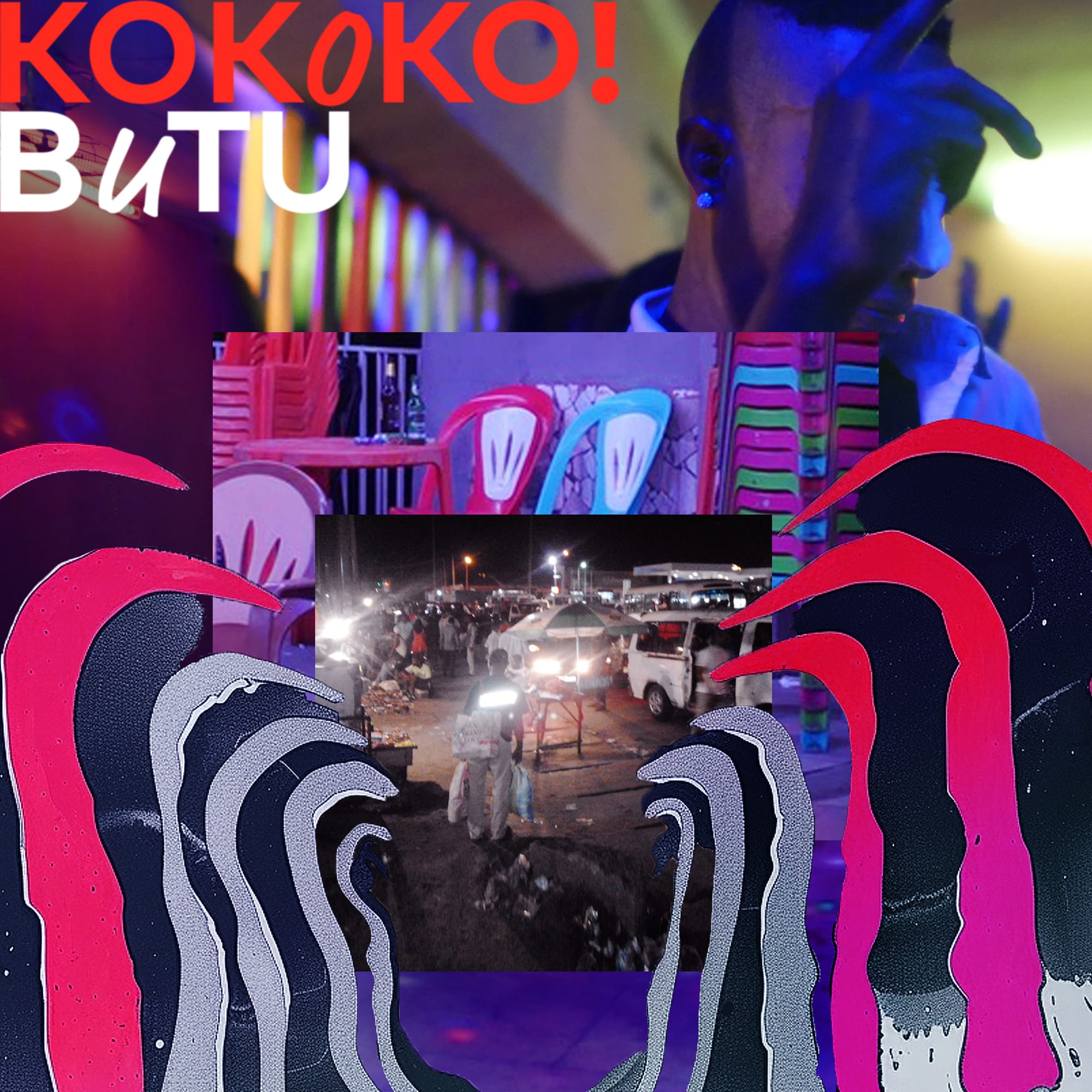
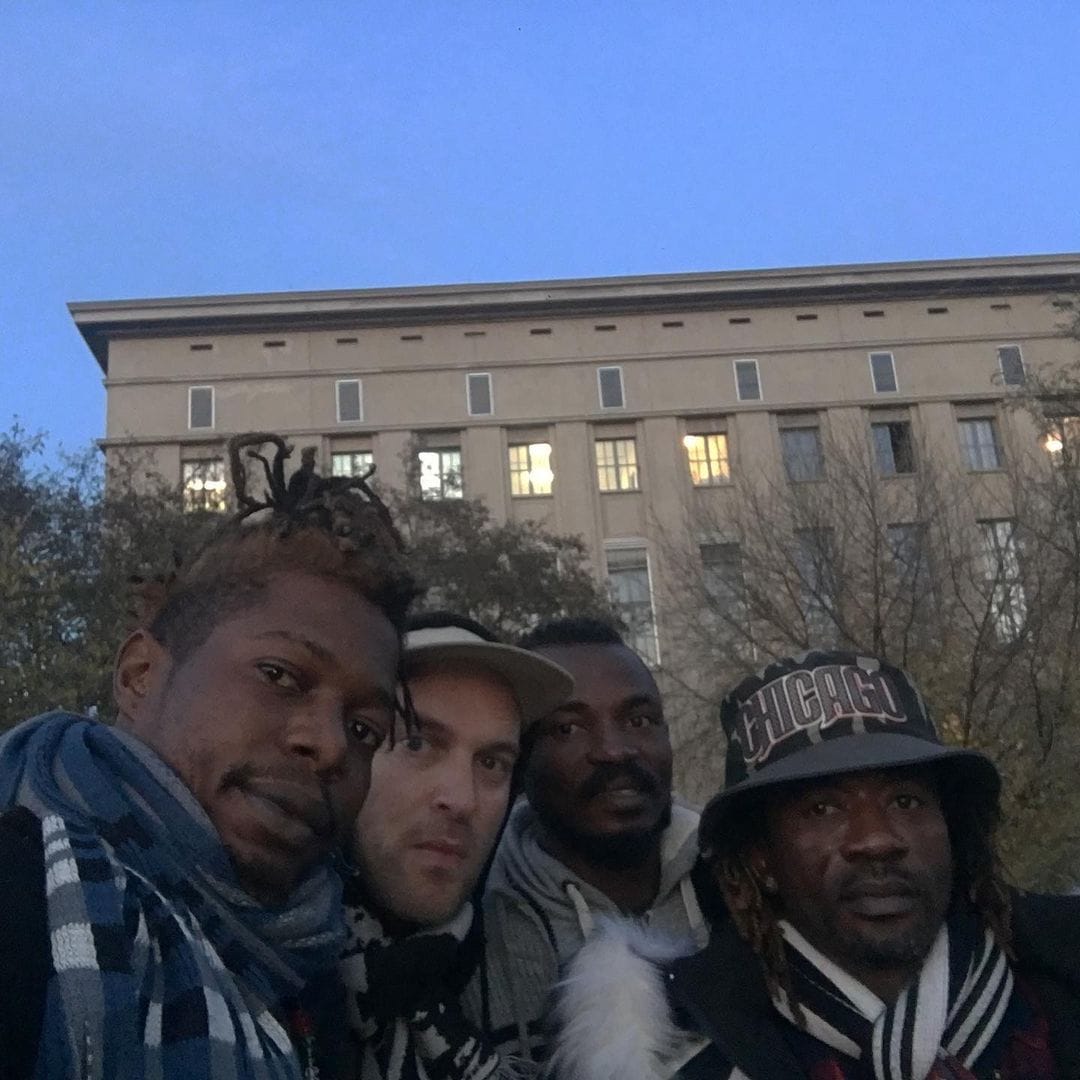
In the past five years, we have seen you share your music on the global stage, completing world tours, festivals and playing in the renowned clubbing haven Berghain. Music which draws from the African diaspora has long had an impact on British music, and is perhaps more prevalent than ever in club culture and the international dance scene, with the rising popularity of afrobeats, Gqom and amapiano and so on. What do you think it is about the music which has such a universal appeal and how have you seen your own music resonate in these spaces?
The originality, the wider diversity in sounds and the spontaneity that can be felt directly from the real passion, without posture or calculation from a formatted music industry like the Western charts. It moves faster, it’s more real, direct in a way and resonates quicker with people without long PR campaigns etc etc. It moves fast and hits fast. There is a new genre or electronic music every six months in a range of different countries, which is too fast to promote in the regular industry maybe. Maybe people are more curious than what the music industry generally thinks. This is great for all these scenes as long as people manage to travel, which is of course very difficult.
"now many bands from our neighbourhoods have followed our steps and are now playing outside DRC! Fongola meant “the key” so I guess we opened doors for others too."
BUTU is set to release exactly five years to the day from your debut Fongala, which feels celebratory of the band's journey and continued evolution. With the release of Fongala KOKOKO! spoke of a hope to inspire innovation and fun for the people of DRC, amidst a backdrop of unrest. How do you feel your music has been received in Kinshasa over this period of time? Have you seen it have the impact you have hoped for?
Our music is still very alternative in Kinshasa. The city is so big and dominated by Congolese rumba still, but we resonate in our neighbourhoods and people from the art scenes know us well. Also, now many bands from our neighbourhoods have followed our steps and are now playing outside DRC! Fongola meant “the key” so I guess we opened doors for others too. The times have been hard since the 1st release, we had our fair bit of losses, death, mental health issues problems, the pandemic, and countless visa difficulties up to now, but we are still going forward and we always have a drive to travel and charge people with our energy (not speaking of the mining in Congo who provides battery power for the world!). Our live shows are something else, a real sincere energy without brakes, driving at you like the album.

